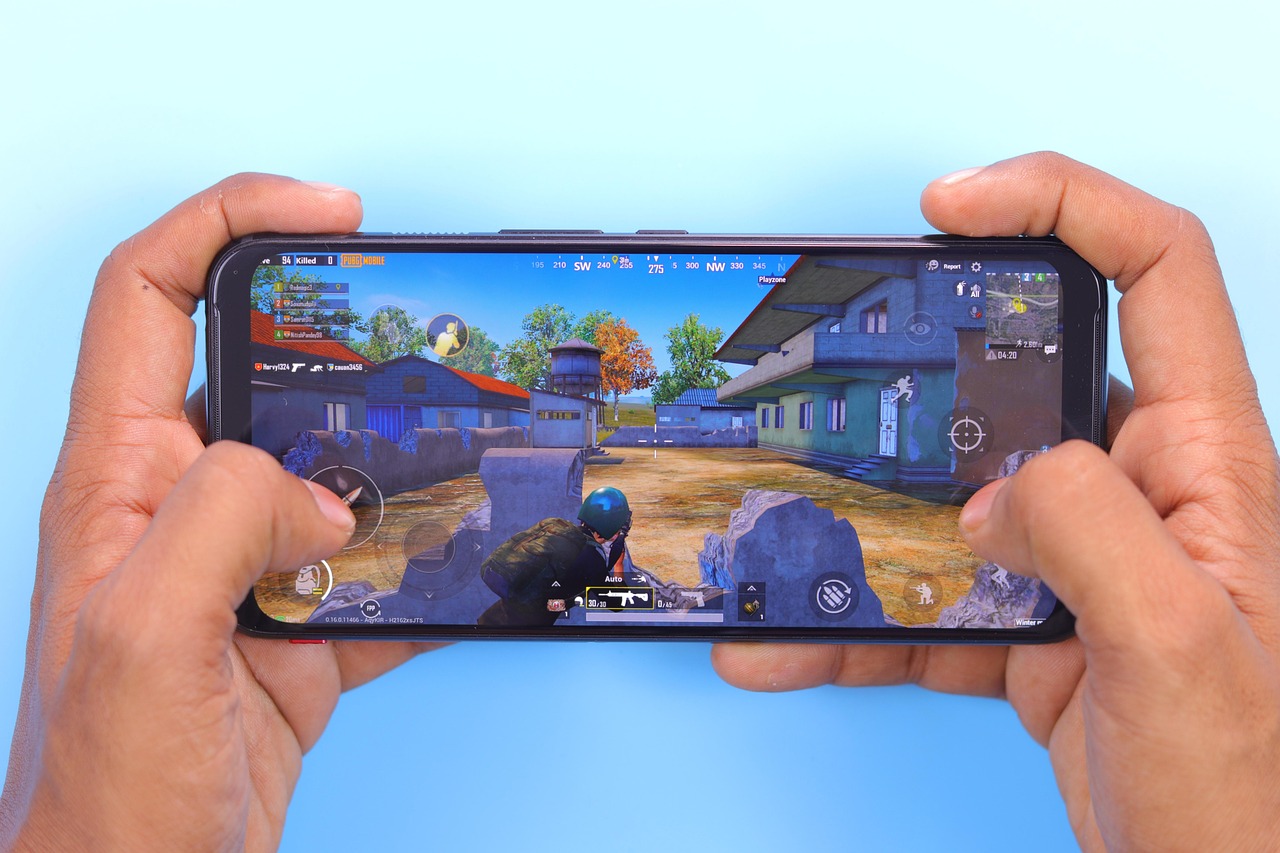The rich tapestry of popular card games weaves a fascinating narrative of cultural exchange, mathematical ingenuity, and social evolution. From the royal courts of medieval Europe to the bustling marketplaces of ancient China, card games have served as a universal language of entertainment, strategy, and camaraderie. This article will take you on a journey through the intriguing origins of these games, revealing how they have evolved and spread across the globe.
1. The Ancient Beginnings
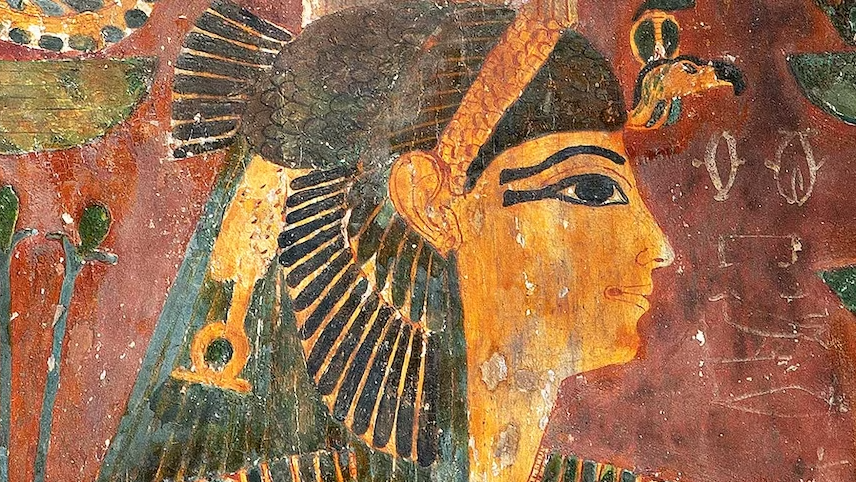
The origins of card games are shrouded in the mists of time, but the earliest known reference to a card game comes from a 9th-century text from China. This game, known as 'The Game of Leaves,' was reportedly a favorite of the Tang Dynasty. The exact rules of this game are unknown, but it marks the beginning of a long and varied history of card games.
2. The Arrival of Cards in Europe
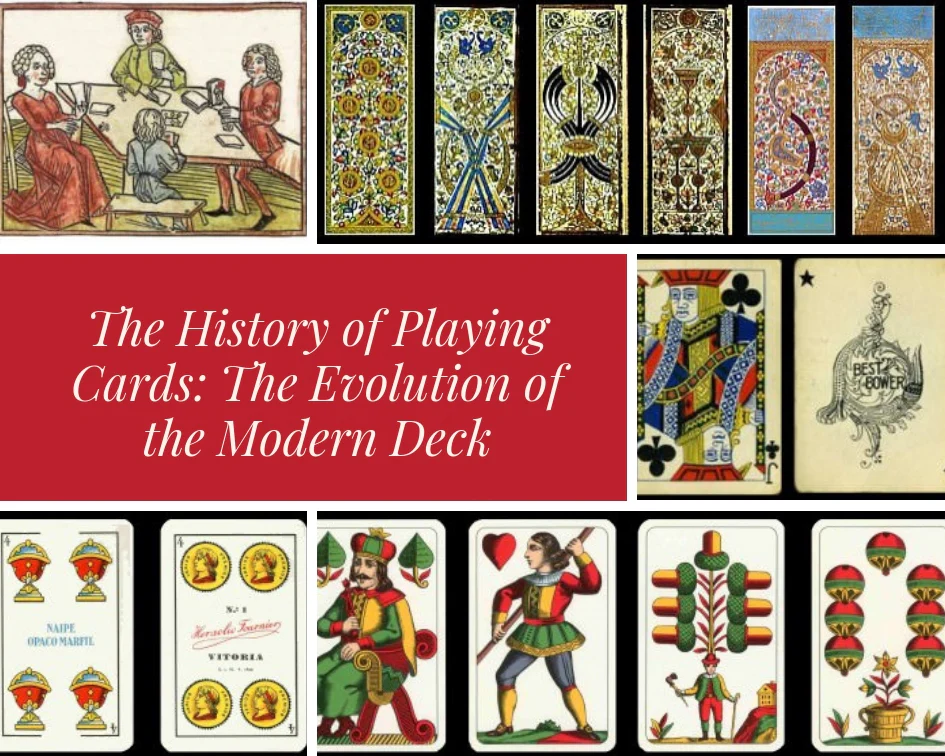
The introduction of playing cards to Europe in the 14th century marked a significant turning point. Originating from the Islamic societies of the Middle East, these cards were initially used for divination before evolving into tools for gameplay. The four suits we recognize today - hearts, diamonds, clubs, and spades - emerged in France around the late 15th century, becoming the standard for most Western card games.
3. The Birth of Tarot
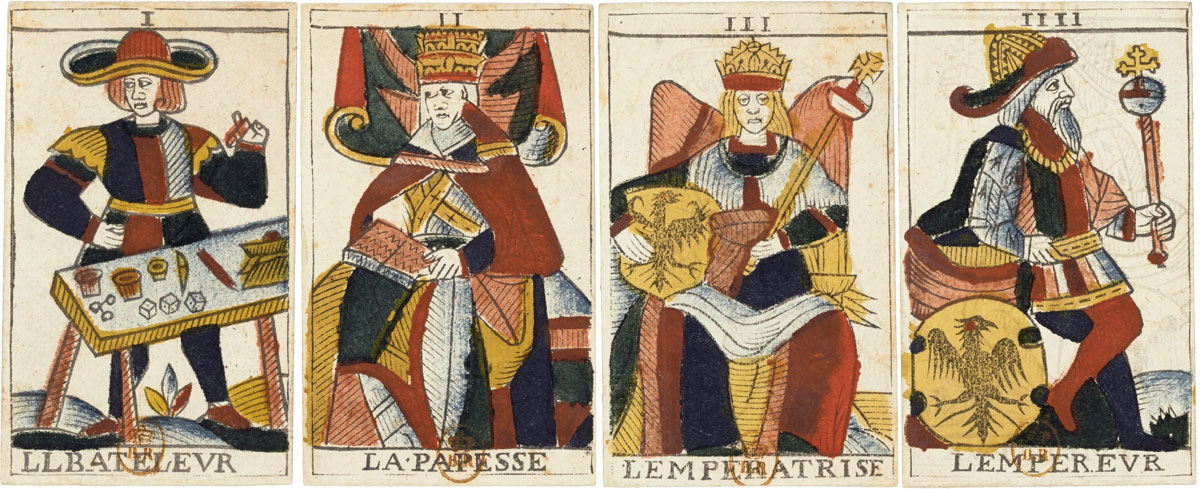
In the 15th century, Italy saw the birth of the Tarot deck, originally used for a game called 'Tarocchi'. Despite its later association with mysticism and divination, the Tarot was initially a playful diversion for the Italian nobility, featuring intricate, allegorical illustrations that reflected the cultural and philosophical ideas of the time.
4. Poker's Wild West Origins
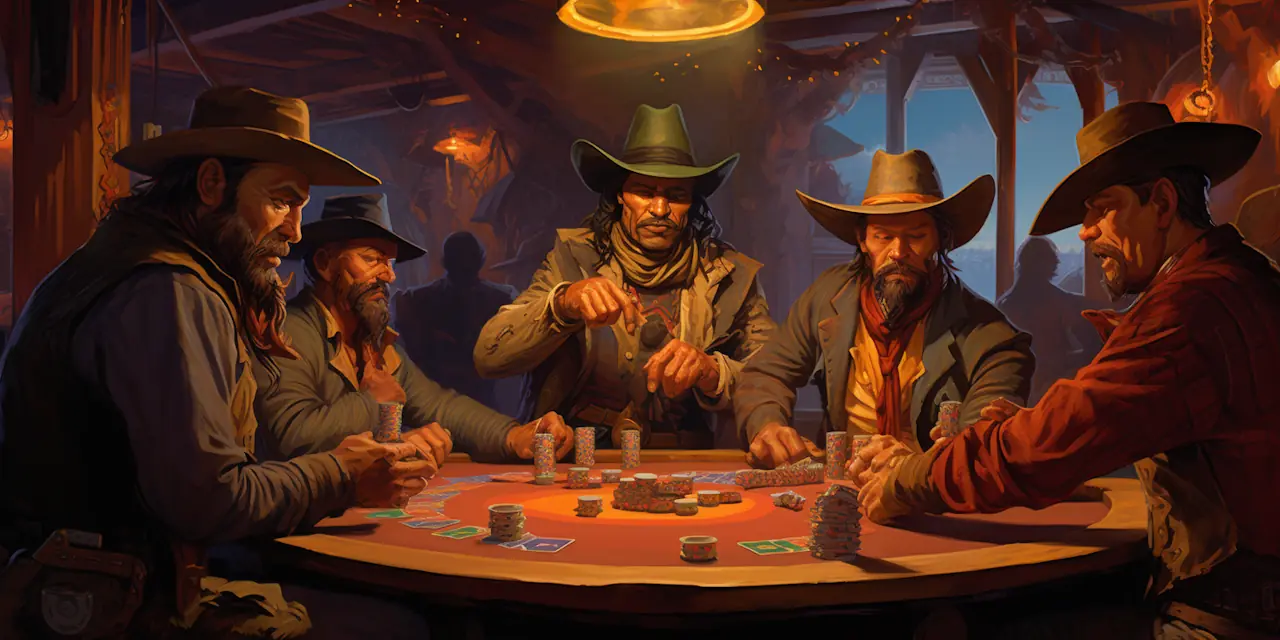
The origins of Poker are as contested as a high-stakes game. Some believe it evolved from the Persian game 'As Nas', while others trace its lineage to the French game 'Poque'. What's clear is that Poker as we know it today was shaped in the American frontier, becoming a staple of Wild West saloons in the 19th century.
5. The Global Spread of Bridge
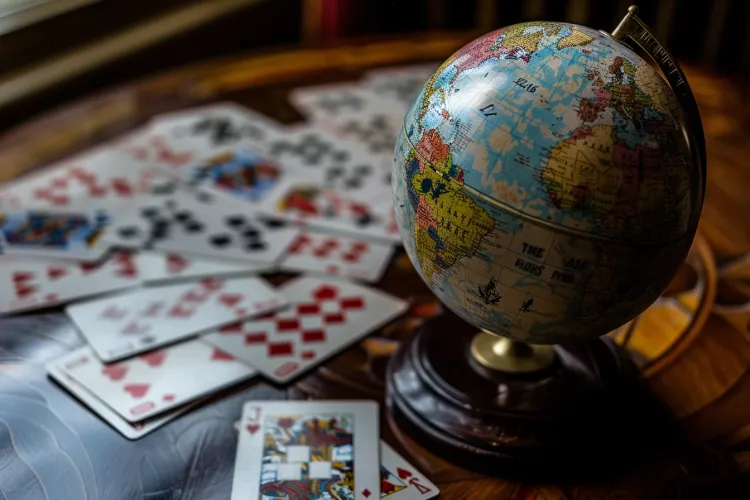
Bridge, one of the most popular trick-taking games, has roots in a 16th-century game called 'Whist'. The modern version of Bridge emerged in the late 19th century and quickly spread across the globe, becoming a favorite in social clubs and private homes alike. From their ancient beginnings to their modern digital adaptations, card games are a testament to human creativity, adaptability, and our love for a good challenge. They reflect our cultural histories, societal values, and psychological complexities. As we continue to shuffle, deal, and play, we partake in a tradition that spans centuries and continents, connecting us in the universal language of cards.


